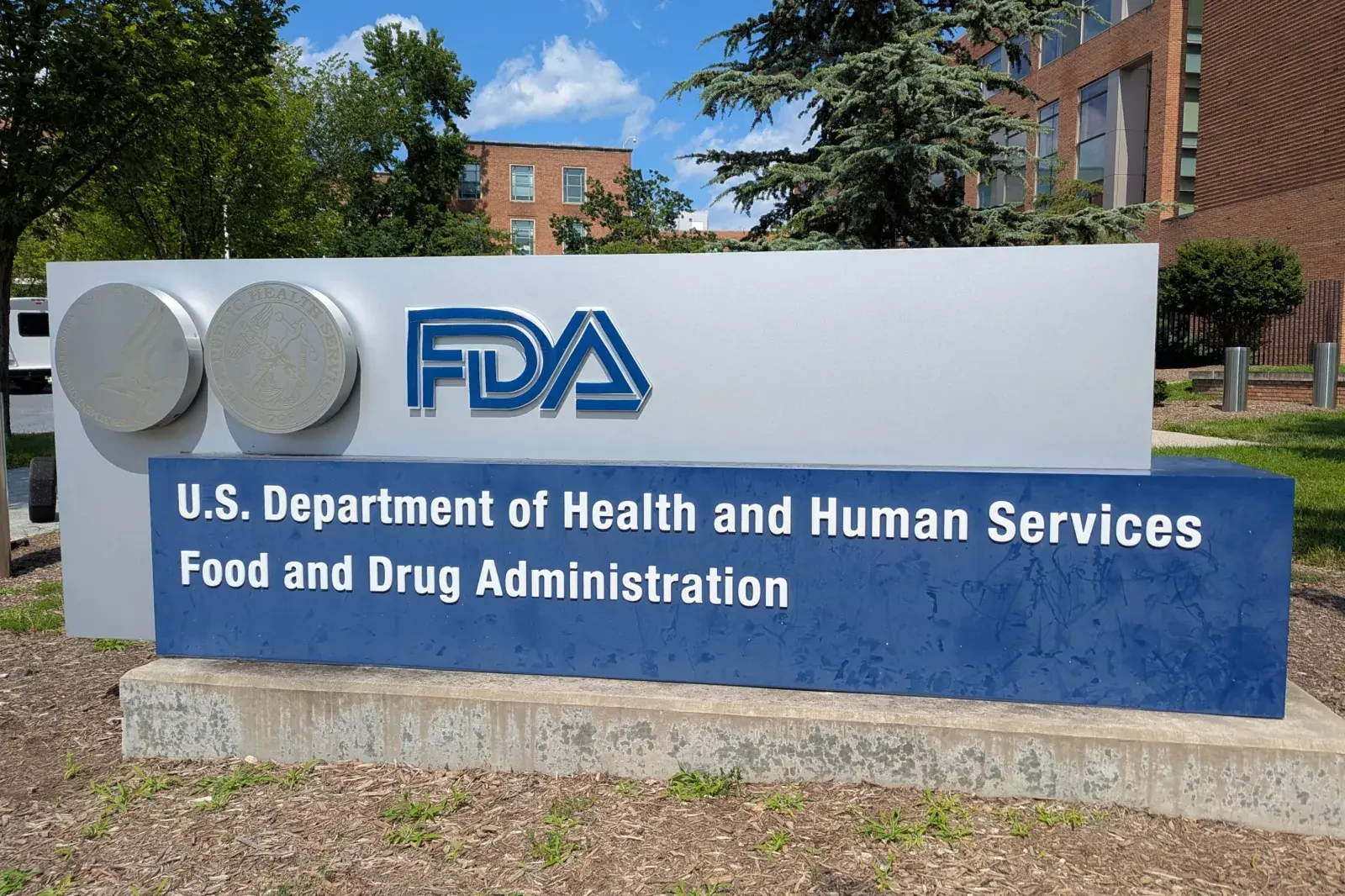Copyright newsweek

The head of the U.S. Food and Drug Administration’s drug division, Dr. George F. Tidmarsh, resigned on November 2, 2025, one day before he was named in a federal defamation lawsuit filed in Maryland by Aurinia Pharmaceuticals Inc. The suit alleges that the FDA official, who was appointed in July, used his position to pursue a personal vendetta against a former business associate while directing agency actions that impacted multiple drugmakers. Tidmarsh has denied all wrongdoing. Newsweek reached out to the FDA and attorneys for Tidmarsh for comment via email. Why It Matters The controversy surrounding Tidmarsh’s resignation and the lawsuit filed against him by Aurinia Pharmaceuticals raises questions about the integrity of federal drug regulation. At stake is not only one man’s reputation but public trust in the FDA’s ability to act independently of personal, political, or financial influence. Ethics Probe and Resignation Tidmarsh, who became director of the FDA’s Center for Drug Evaluation and Research (CDER) in July, stepped down after the Department of Health and Human Services (HHS) launched an internal ethics investigation. “Secretary [Robert F.] Kennedy expects the highest ethical standards from all individuals serving under his leadership,” HHS spokesperson Emily Hilliard said in a statement on November 3. The department confirmed that Tidmarsh was placed on administrative leave two days before his resignation. The LinkedIn Post and Market Fallout Dr. George F. Tidmarsh’s since-deleted LinkedIn post from September 29. The 32-page complaint, Aurinia Pharmaceuticals Inc. et al. v. George F. Tidmarsh (D. Md., No. 1:25-cv-03593), alleges that Tidmarsh made “false and defamatory statements” about the company’s lupus nephritis drug, Lupkynis (generic name voclosporin), in a September 29 LinkedIn post, while holding office as the nation’s top drug regulator. The post claimed that Lupkynis “has not been shown to provide a direct clinical benefit for patients” and that Aurinia had “failed to perform the trials necessary to confirm actual clinical benefit.” According to the complaint, the statements were “baseless” and contradicted the FDA’s own findings that supported full approval of the drug in 2021. The LinkedIn post was “swiftly deleted” after internal FDA ethics officials raised concerns. Another LinkedIn post from Dr. George Tidmarsh. Aurinia says the remarks triggered a 20 percent drop in its stock, erasing more than $350 million in market value. The company asserts that its pivotal Phase 3 studies, AURORA-1 and AURORA-2, demonstrated significant and sustained clinical benefit. “We stand behind the favorable benefit/risk profile of LUPKYNIS,” Aurinia said in a statement on September 29, 2025. What Is Lupkynis and What Does It Do? Lupkynis (voclosporin) is an immunosuppressant used to treat lupus nephritis, a severe and potentially life-threatening inflammation of the kidneys caused by systemic lupus erythematosus (SLE), an autoimmune disease where the immune system attacks the body’s own tissues. Voclosporin is a next-generation calcineurin inhibitor (CNI), a class of drugs that suppresses the immune system by blocking calcineurin, an enzyme required for activating T-cells—a type of white blood cell central to immune responses. By inhibiting calcineurin, voclosporin reduces the overactive immune response that drives lupus nephritis. This helps prevent further inflammation and scarring in the kidneys, preserving kidney function over time. Voclosporin is chemically similar to cyclosporine but has been modified to exhibit more predictable pharmacokinetics, resulting in steadier blood levels and fewer dose adjustments. Allegations of Retaliation and Bribery The lawsuit links the LinkedIn post to a broader pattern of alleged retaliation against Kevin Tang, Aurinia’s board chair and head of Tang Capital Partners. Tang had previously asked Tidmarsh to resign from three companies where Tang was also a director: La Jolla Pharmaceutical, Odonate Therapeutics, and American Laboratories Holdings. The complaint cites a series of text messages and emails in which Tidmarsh allegedly threatened revenge, including one in which he told Tang, “The pain is not over.” In one of its most serious claims, the complaint accuses Tidmarsh of attempting to solicit a bribe from American Laboratories, a company chaired by Tang. The alleged solicitation followed the FDA’s August 6, 2025, industry notice announcing enforcement action against unapproved animal-derived thyroid products—drugs such as Armour Thyroid and NP Thyroid, which are manufactured using porcine thyroid glands. The FDA stated that these products “require an approved biologics license application (BLA) under section 351 of the Public Health Service Act” and that “there are no FDA-approved BLAs for the ADT products currently on the market.” The agency’s letter cited ...



